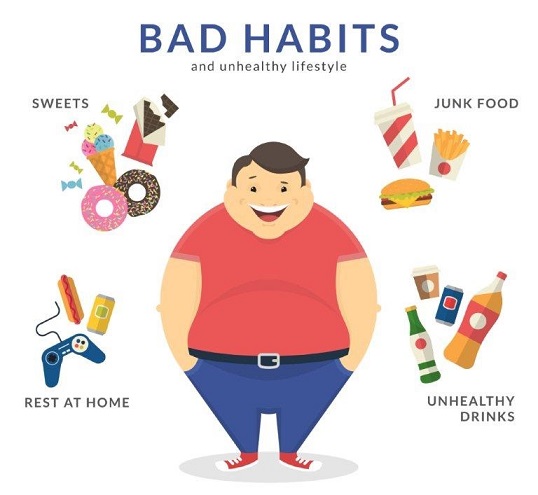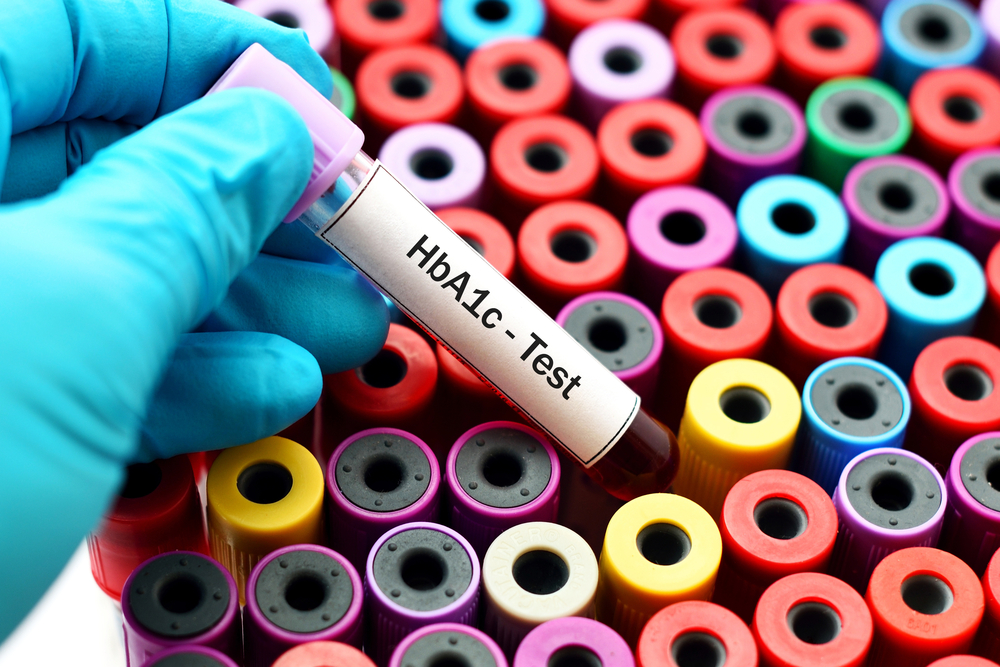How To Ensure You And Your Loved Ones Live Well, Even With Diabetes

Did you know that between 1980 and 2014, the number of diabetes patients rose from 108 million to 442 million? Fast becoming a global epidemic, diabetes is chronic medical condition that causes high blood sugar levels in those suffering from it. The disease is caused by both genetic predispositions and lifestyle factors such as poor diet, lack of exercise and obesity.
When living with diabetes, you should try to maintain your blood sugar as close as possible to the normal level. Eating healthy is one of the most important habits that will keep blood sugar levels under control. But this doesn’t mean you have to deprive yourself of your favourite foods; rather it means following a balanced diet that will boost your energy as well as maintain sugar levels.
Did you know that between 1980 and 2014, the number of diabetes patients rose from 108 million to 442 million? Fast becoming a global epidemic, diabetes is chronic medical condition that causes high blood sugar levels in those suffering from it. The disease is caused by both genetic predispositions and lifestyle factors such as poor diet, lack of exercise and obesity.
When living with diabetes, you should try to maintain your blood sugar as close as possible to the normal level. Eating healthy is one of the most important habits that will keep blood sugar levels under control. But this doesn’t mean you have to deprive yourself of your favourite foods; rather it means following a balanced diet that will boost your energy as well as maintain sugar levels.
What you should include in your diet
[show_more more=”Continue Reading ▼” less=”Show Less ▲”]
Have raw and roasted/boiled green vegetables such as spinach and kale, which are low in calories and good sources of antioxidants, vitamins, and minerals.
Healthy fats from nuts, olive oil, fish, flax seeds, or avocados are beneficial for people with diabetes. Olive oil, being rich in monounsaturated fatty acids (MUFAs), helps in reducing belly fat and improving insulin sensitivity. Fish contains omega-3 fatty acids which help in reducing body-wide inflammation, a major contributor to weight problems.
Consuming half to one teaspoon of cinnamon daily is known to reduce blood sugar levels significantly. Beans is a power food as it meets nutritional needs as well as lowers the risk of diabetes. High in soluble fibre and lean protein, beans not only provide better sugar control but also reduce the risk of heart disease. A half-cup serving of cooked beans should meet your daily dietary needs.
Eating fruits such as apple, blueberries, and strawberries help to lower the risk of type 2 diabetes. Apples are high in fibre and keep bad cholesterol at bay. Strawberries are high in anthocyanins, which have antioxidant properties and bring down cholesterol and insulin levels after a meal.
Beware: Since fruits contain fructose (a sugar), portion control is necessary.
Some things you should avoid
Avoid deep-fried foods and packaged foods, especially those high in carbs and sugar
Avoid consuming a lot of processed meat and red meat as these are typically high in fat and increase the risk of diabetes. Limit consumption to 1-2 times per week.
Limit or avoid the consumption of white bread, pasta, sugary breakfast cereals, and white rice
Alternatives: opt for brown rice, whole wheat bread/pasta, rolled oats, and low-sugar bran flakes.
Staying active is essential
Regular exercise helps you maintain a healthy weight and enhances energy.
What works best: Strenuous exercise like a regimented routine of playing a physical sport, gym workouts, yoga or Pilates.
What also works: Walking, jogging, dancing, or playing your favourite outdoor sport.
Where to start: A minimum requirement to manage diabetes is a 30-minute walk every day. Start with 15 minutes and then gradually increase over a few weeks.
Check-ups and medication
Be sure to take your medicines regularly to keep your blood sugar level under control. To know if your medications are working, you need to get tested at regular intervals. If your blood sugar levels exceed the prescribed limit, seek help from your doctor and change your diet and medication accordingly.
Living with diabetes need not be tough. Just follow a healthy lifestyle and you can live a happy and fulfilling life, even with diabetes. [/show_more]














